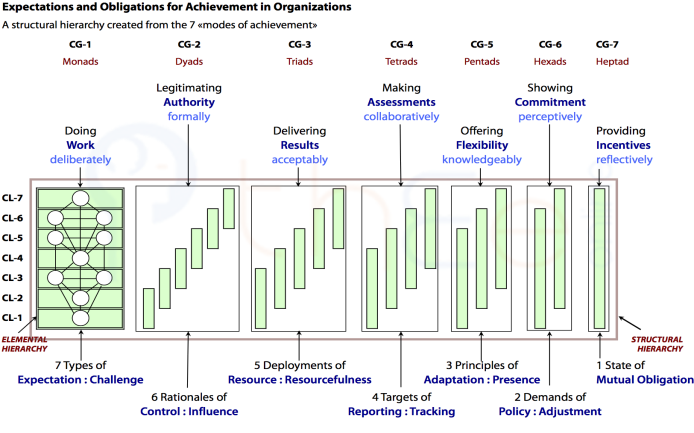Motivation, Work & Herzberg
The "most requested article from the Harvard Business Review" (according to its editors) is Herzberg's Two-factor Motivation-Hygiene theory. Herzberg proposed that what motivates people at work is different from what causes dissatisfaction (rather than being its opposite). Job satisfiers are «motivators» and are about doing the job, whereas the job dissatisfiers are «hygiene factors» within the job's context.
We can look at these two independent factors in the context of this framework of .
The Maintenance or Hygiene Factors
Herzberg's hygiene factors are indeed extrinsic but they are not entirely outside the employee's control. They are mostly relevant as (or disincentives) at the time of signing a contract. Items like:
► Company policy and administration
► Benefits
► Work conditions
► Status
► Security
► Technical supervision
These should all be investigated and evaluated carefully by a person considering signing a contract of employment.
Once the contract is signed, the natural hope is that these incentives will be maintained. exert a continual influence on both the employee and the management. However, these incentives may change (e.g. due to government regulations or a new CEO). If unfavorable, this may create pressure on an employee to exit the organization or to protest in other ways.

The Motivation Factors
Herzberg's motivating factors are intrinsic to working in the contracted post. The various factors seem to more or less cover the remaining 6 Groupings:
Achievement— links to
Recognition— links to
Work Itself— links to
Responsibility— links to
Promotion/Advancement— links to
The upper three groupings seem to be missing. Growth is possibly relevant to , but it scored rather low on both of his factors.
Originally posted: 11-Nov-2011